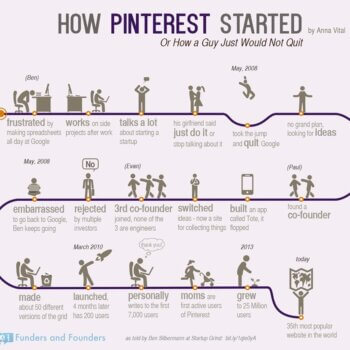With the coronavirus epidemic affecting the world economy and impacting negatively on the performance of many businesses, perhaps this is a good moment to test how companies’ business would be affected if the precautionary measures being implemented in China to prevent the spread of the infection were implemented in our country or city.
In fact, the coronavirus is already proving to be the biggest experiment in working from home in history: firstly, of course, because of the scale of a threat that is rapidly expanding and spreading relatively easily. But secondly, and we should not forget this, because the maturity and availability of the technologies needed to work remotely are already within the reach of most of us. In many parts of China and in other countries, workers in a wide variety of sectors, practically all those whose daily work does not involve a relationship with any specialized asset or any specific type of machinery, have been isolated in their homes, subjected to routines of periodic temperature taking and the use of technology to monitor their activity. This circumstance, logically, is not only testing the resistance and habits of these people, but also that of their employers in keeping going.
We might usefully ask then, to what extent could our employer maintain its activity in the event of measures such as those being implemented in some areas of China? A good part of the future of the work could be related to being adapted to being done from home, even without circumstances that force this to happen. Many of the day-to-day activities of workers could be transferred to a remote environment where they would be more comfortable, reducing the inconveniences associated with daily travel and enabling greater comfort and even, according to many, improving productivity. But these supposed benefits do not come overnight, and the technologies and training required need to be tested to put them into practice smoothly. Why not consider a time like this, with more people working from home than in any other circumstance in history, to test that context?Today In: Leadership
Would your company be able to continue to operate in the event of a health alert, or would it be forced to stop its activity? To what extent would something like this affect you? How would it redefine the rules of interaction? Which people would be able to adapt easily to performing their work from home, and for whom would it be impossible? And if you achieve a proper balance, in which your company’s activities are not disrupted … should not this lead to a rethinking of how we work? If you are an employer and you have the power to offer greater freedom to your workers, should you not begin thinking about how to do so?
The technology to allow more of us to work from home has been around for a long time, but we still barely use it: communication can be carried out by e-mail, instant messaging systems or shared documents. Face-to-face meetings work very well with simple, affordable tools like Zoom. More and more companies around the world are taking advantage of such technologies to be more productive, to move faster, and even to be able to attract talent. Improvements in connectivity favor this process.
In which case, why wait before submitting your company to the “coronavirus test” and establishing whether it would be able to continue functioning in the event it were necessary for everyone to work remotely; or would this result in chaos, at least initially?
In short, this isn’t about being prepared for the coronavirus or the next epidemic. It’s about being prepared for the future.
About the Author
This article was written by Enrique Dans, professor of Innovation at IE Business School and blogger at enriquedans.com.





























